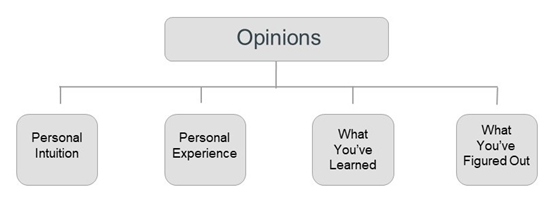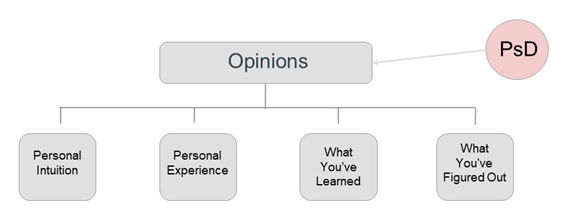People think a large part of their taxes go to helping the disadvantaged and the poor, they don’t. The majority of tax dollars come right back at you through government services like education and health care. It’s the charity system that provides most of what our less fortunate receive, plus a whole lot more. Shelters, food banks, and employment for those with disabilities all come from this block. So along with business and government, charity provides all the goods and services we see today.
Types
Canadian charities can be broken into five categories:
- Education (universities and colleges)
- Religious (every church, synagogue, and mosque)
- Health (Cancer Foundations, Lung Associations, Heart and Stroke, Canadian Liver Foundation, Alzheimer Societies, etc.)
- Benefits to the community (Boys and Girls Clubs, Crime Stoppers, Humane Society, John Howard Society, Rotary Club, Kiwanis, Special Olympics, Valley Zoo, etc.)
- Welfare (Big Brothers and Big Sisters, homes for troubled youth, senior centres, food banks, Chrysalis, Edmonton Oilers Foundation, Telus Foundation, United Way of Alberta, etc.)
So they do a lot of stuff, primarily going where governments can’t go. And don’t forget our NGOs (non-gov organizations) like World Vision that work internationally.
Free market
Know it or not, charities operate within the free-market system. Why? Because governments don’t want to be fully involved. Here are some reasons:
- Anyone can start a charity
- Society doesn’t have to wait around for government to assess a need. And gov doesn’t have to approve or disapprove of any particular cause.
- Charities raise most of their own funds
- Government foundations help but the majority comes from individuals and business. So if a charity can’t convince people of its purpose, it folds.
- Charities naturally close when their job is done
- The government doesn’t want to be in the business of closing down perceived benevolent causes. It’s a political hot potato that would be in the papers every day.
- Charity boards oversee quality and value
- Again, quality and value are not the government’s responsibility. Each charity has its own board accountable for program performance and cost efficiencies.
- Lots of free labour
- Charities operate using tons of volunteers (including board members), which obviously are free. Governments could never get away with such a thing.
To avoid humongous costs and social liabilities, government gives way to its friend. Charity fills in cracks by going where governments can’t go and communities can’t operate without them. Simply put, along with business and the public sector, the charity system is a pillar of society.
Summary
Okay, okay, so where do they get the funding? Well, rather than pay all taxes rich people can direct some to various causes. Governments still need to pay bills, so it all can’t go here. But way up high, at the very, very top, senior officials have this whole thing worked out. And it’s good. The downside is that some people cheat. They’ll donate to their foundation, only to expense a trip to Hawaii to “assumedly” check out a rainforest. A little deceptive. That’s why charities get audited. (Momma didn’t raise no fools.)
Long story short, we have a good system. Business does this, government does that, and charities fill in the rest. There’s always the question of money being put to good use but that’s where the competitive side of the free market comes in. In the end, it all works. And in my opinion, just great.

